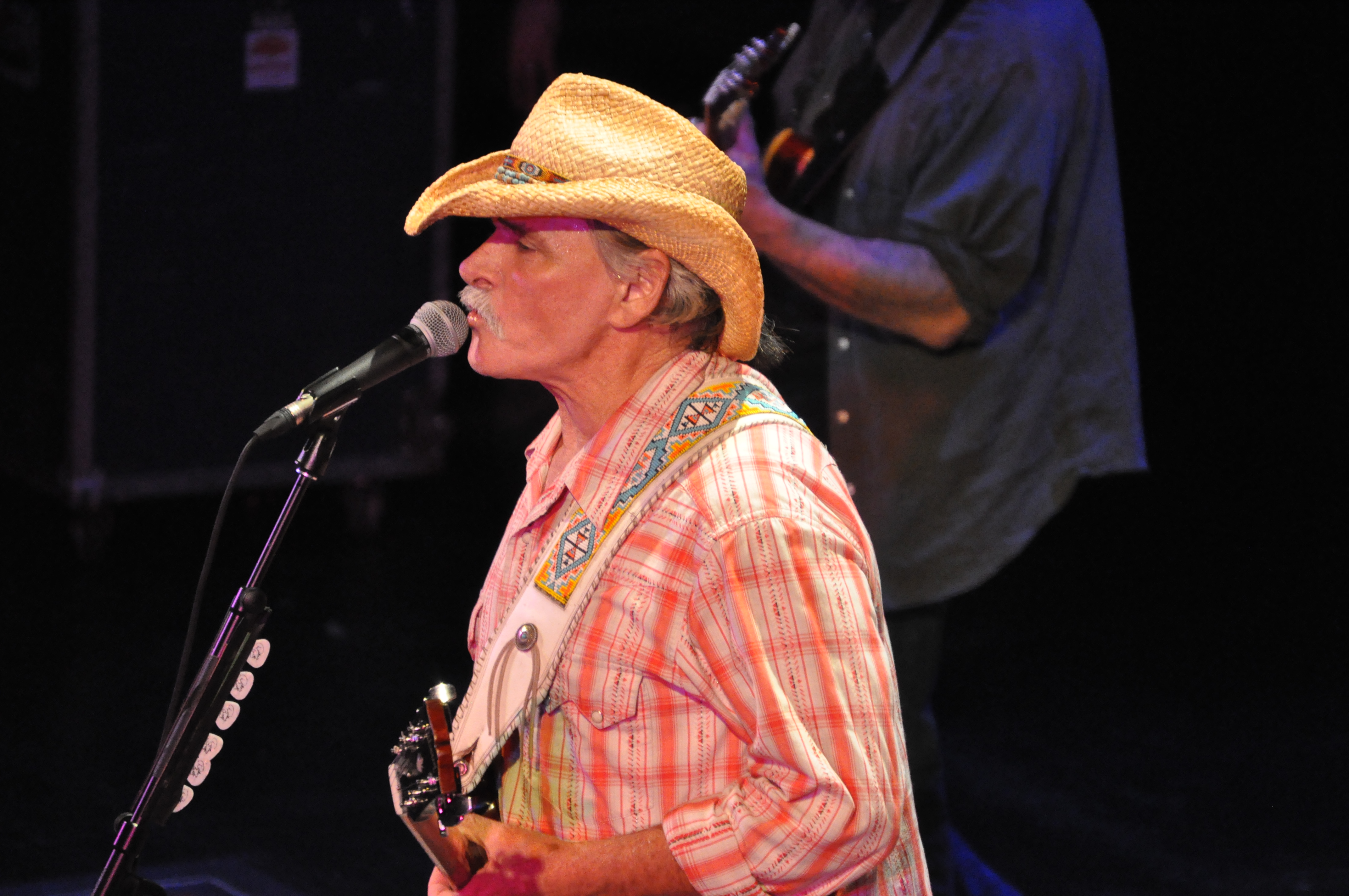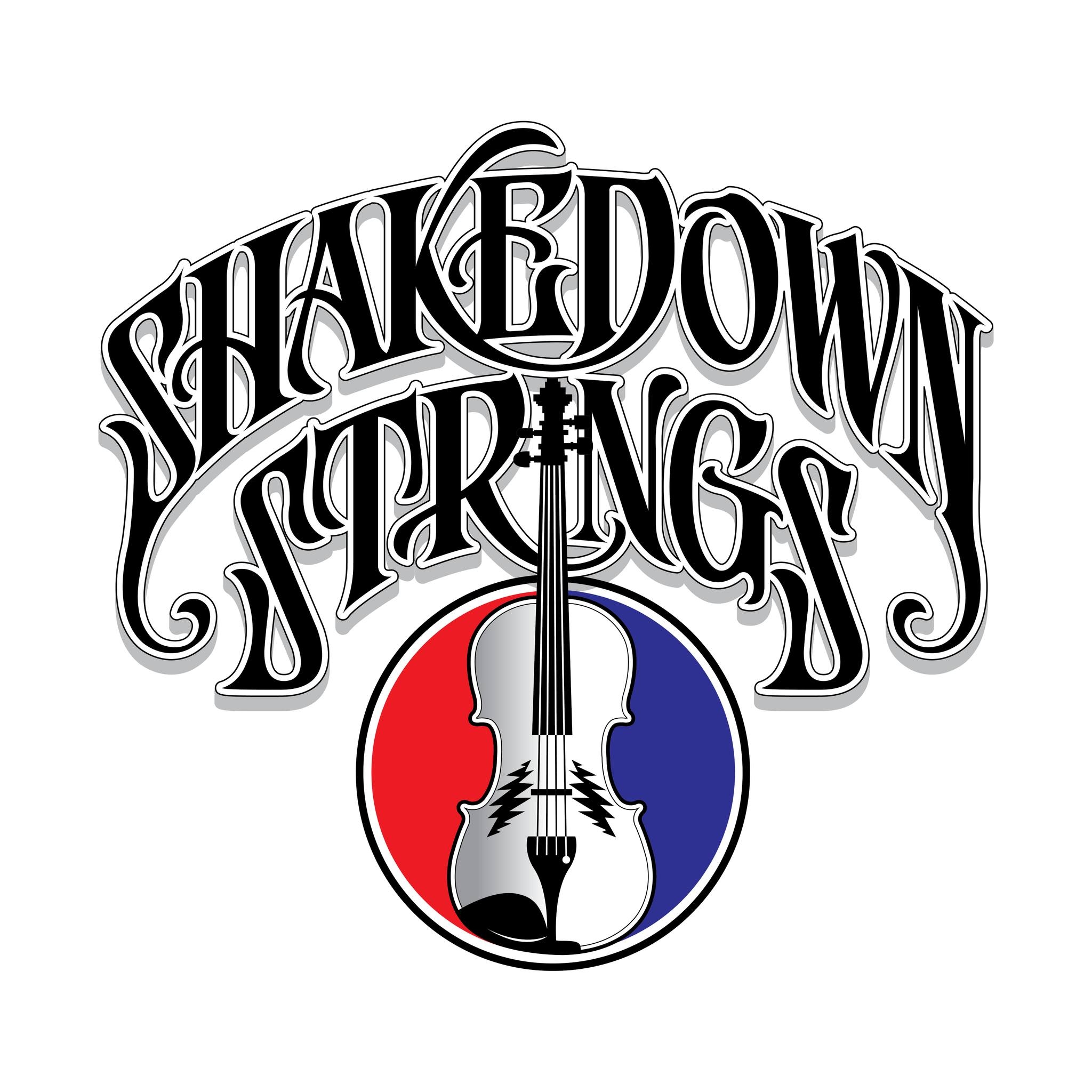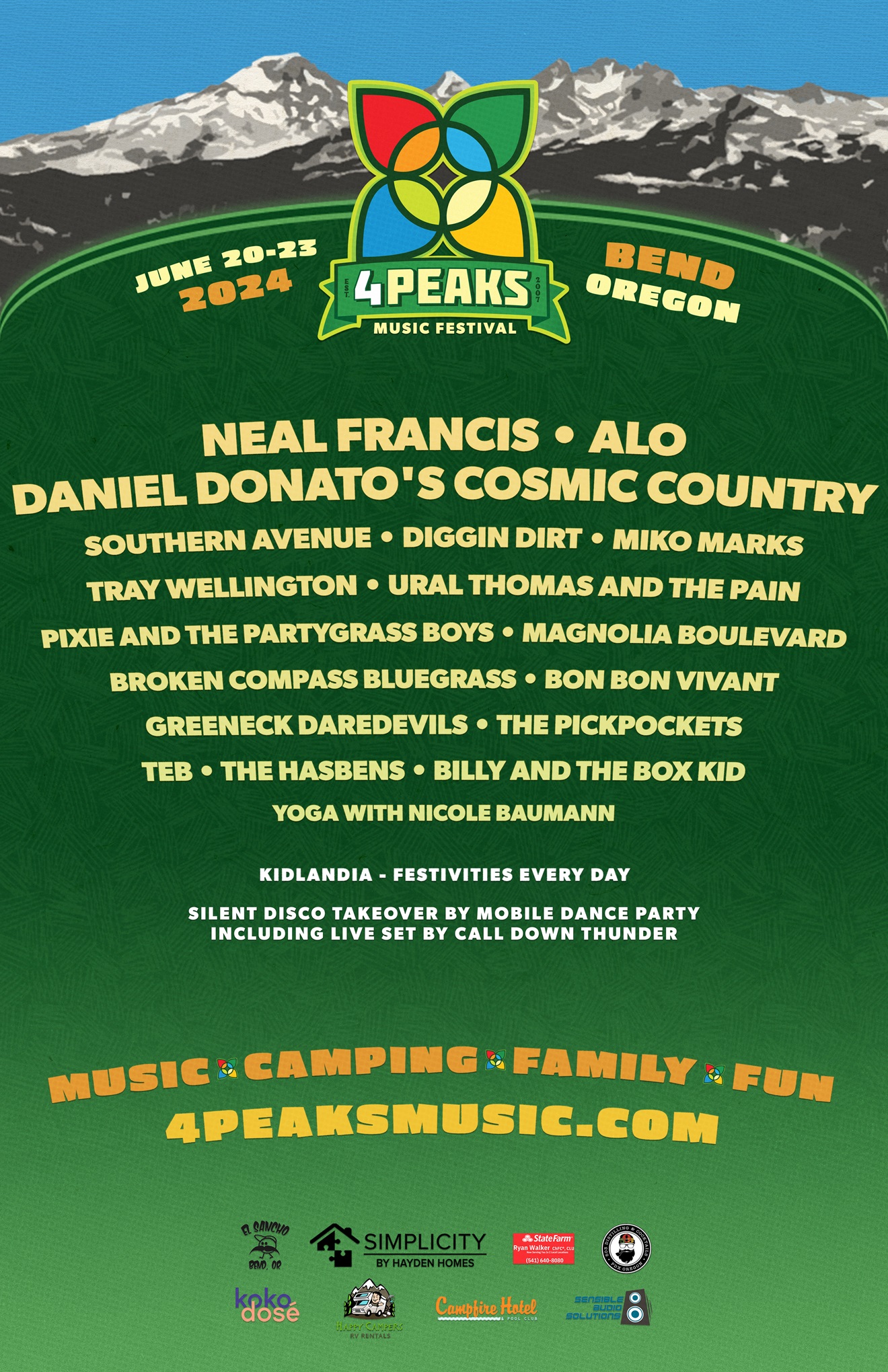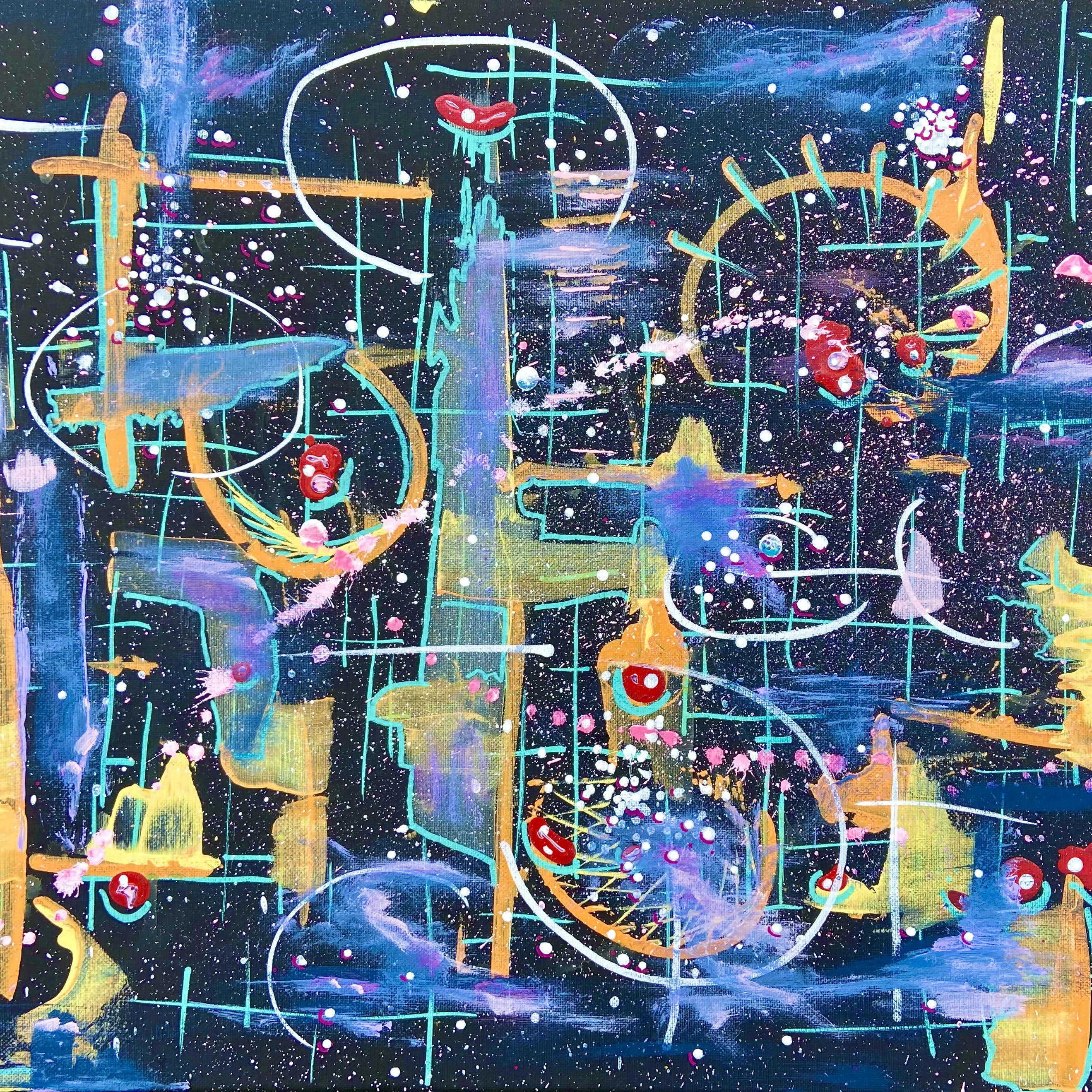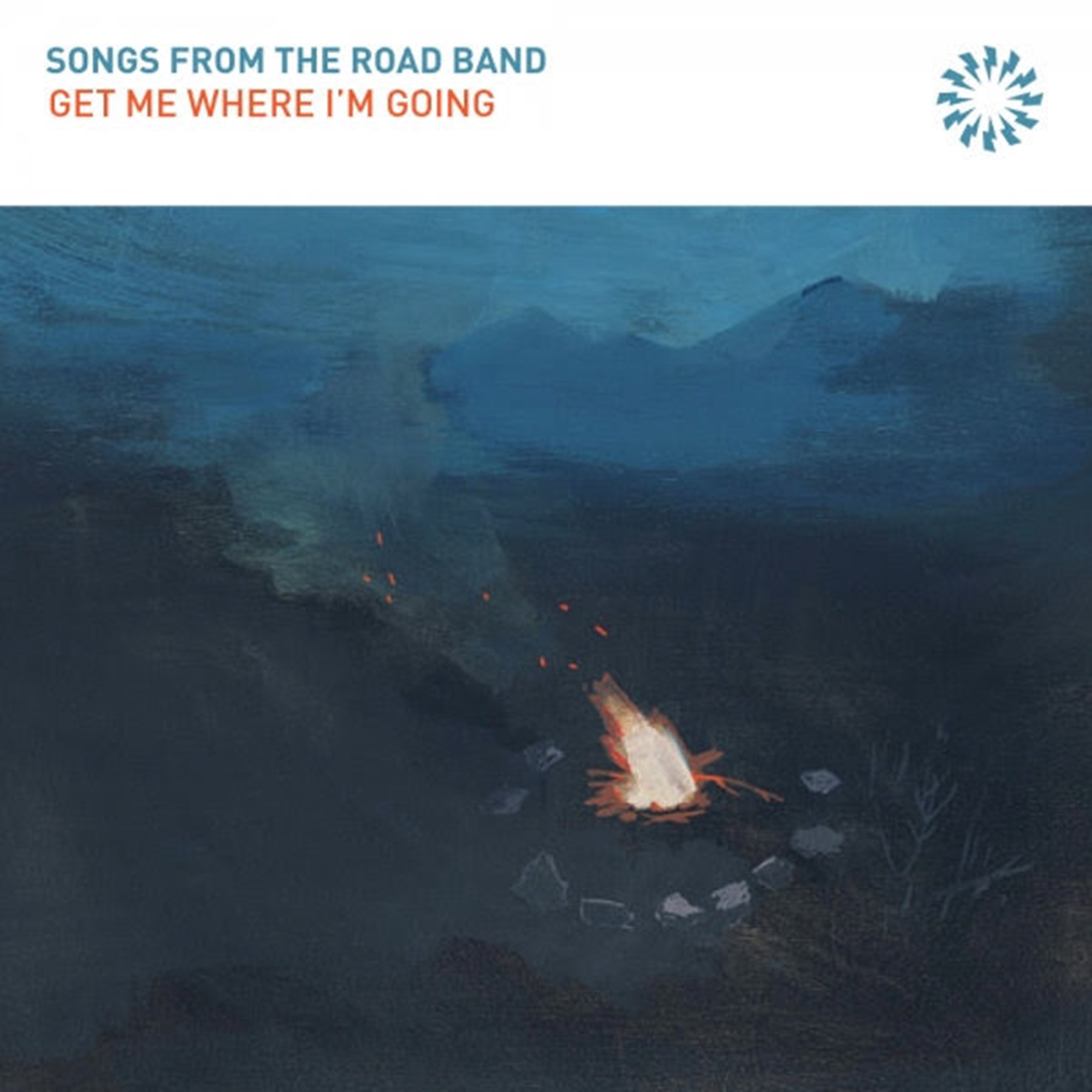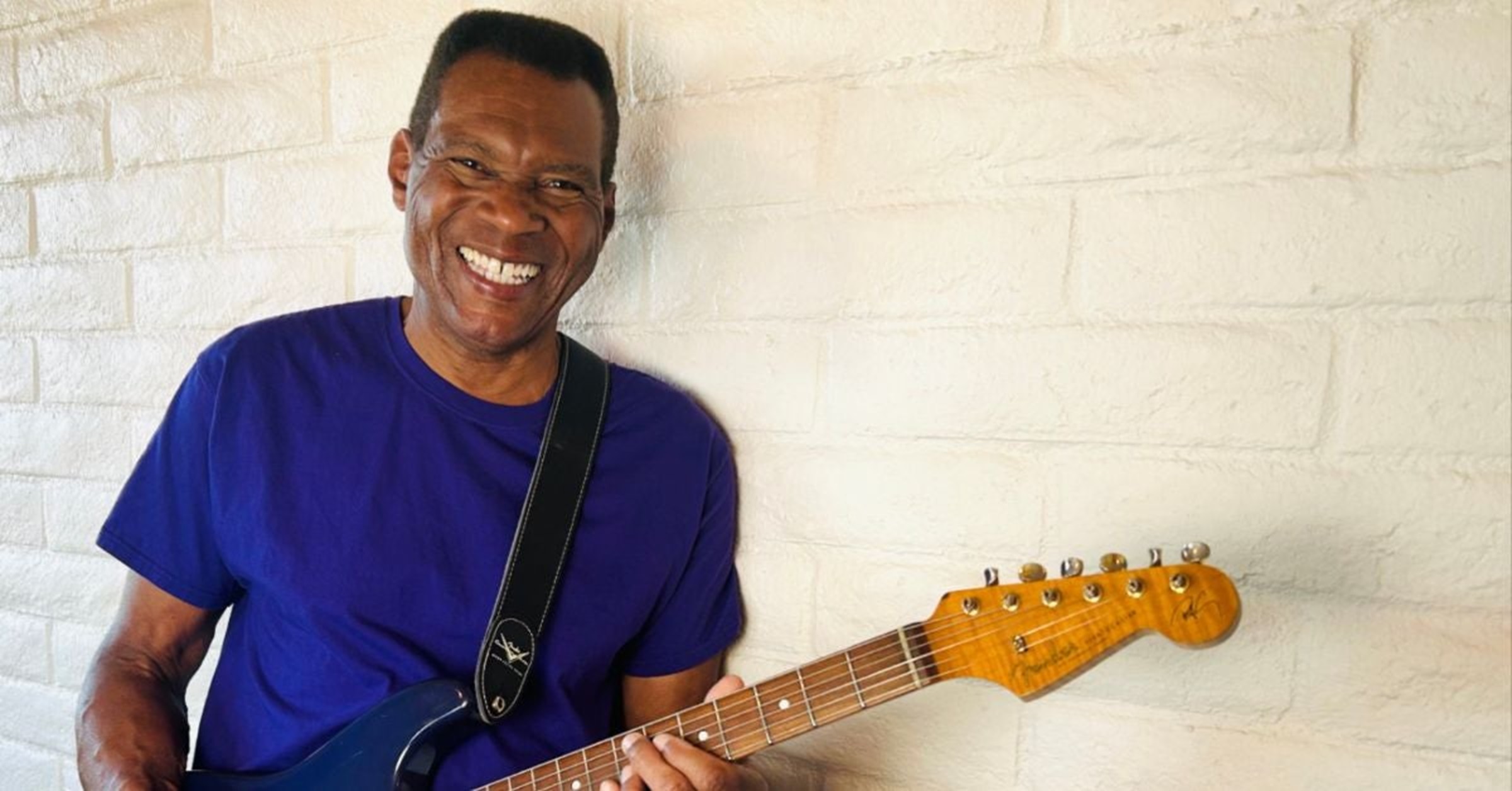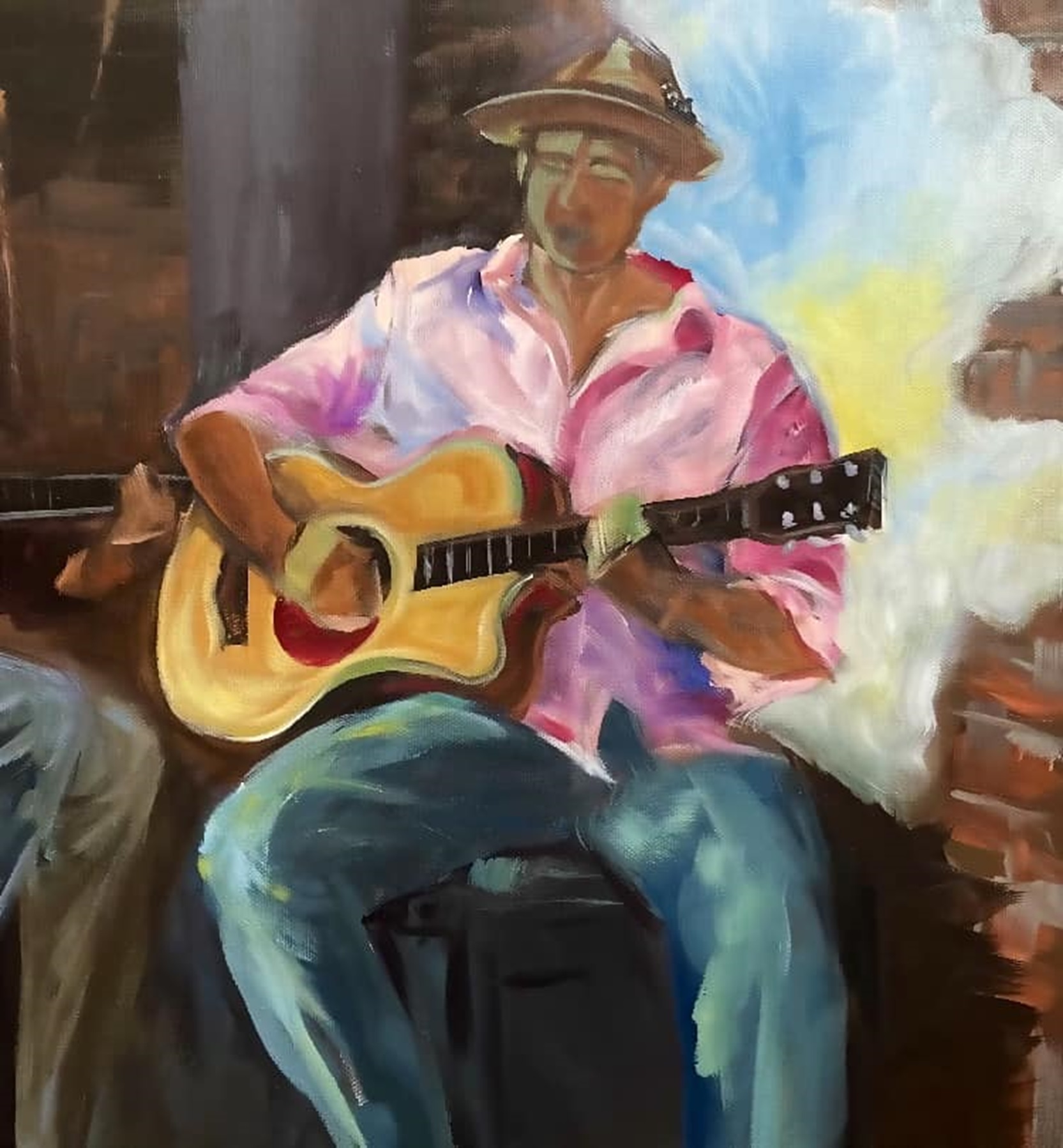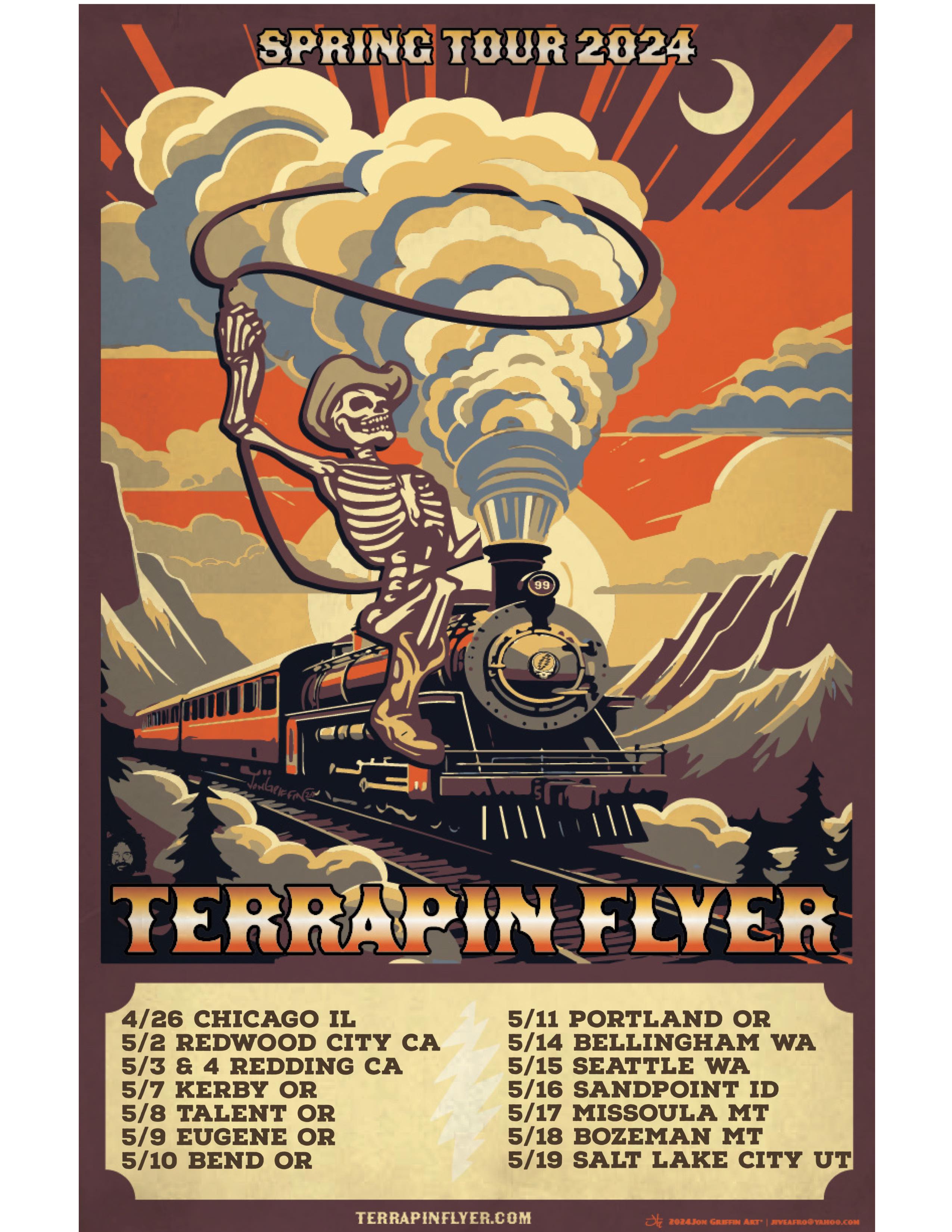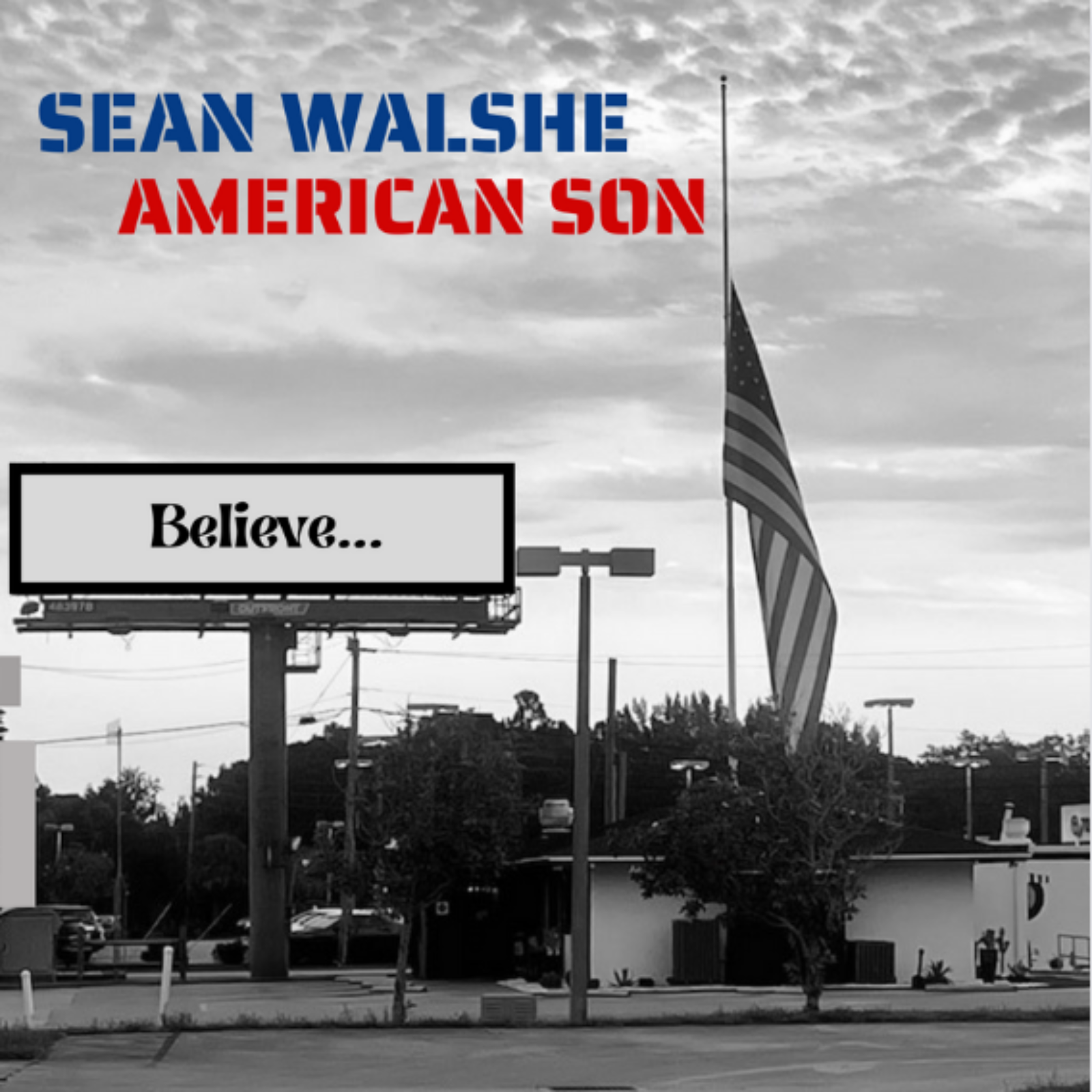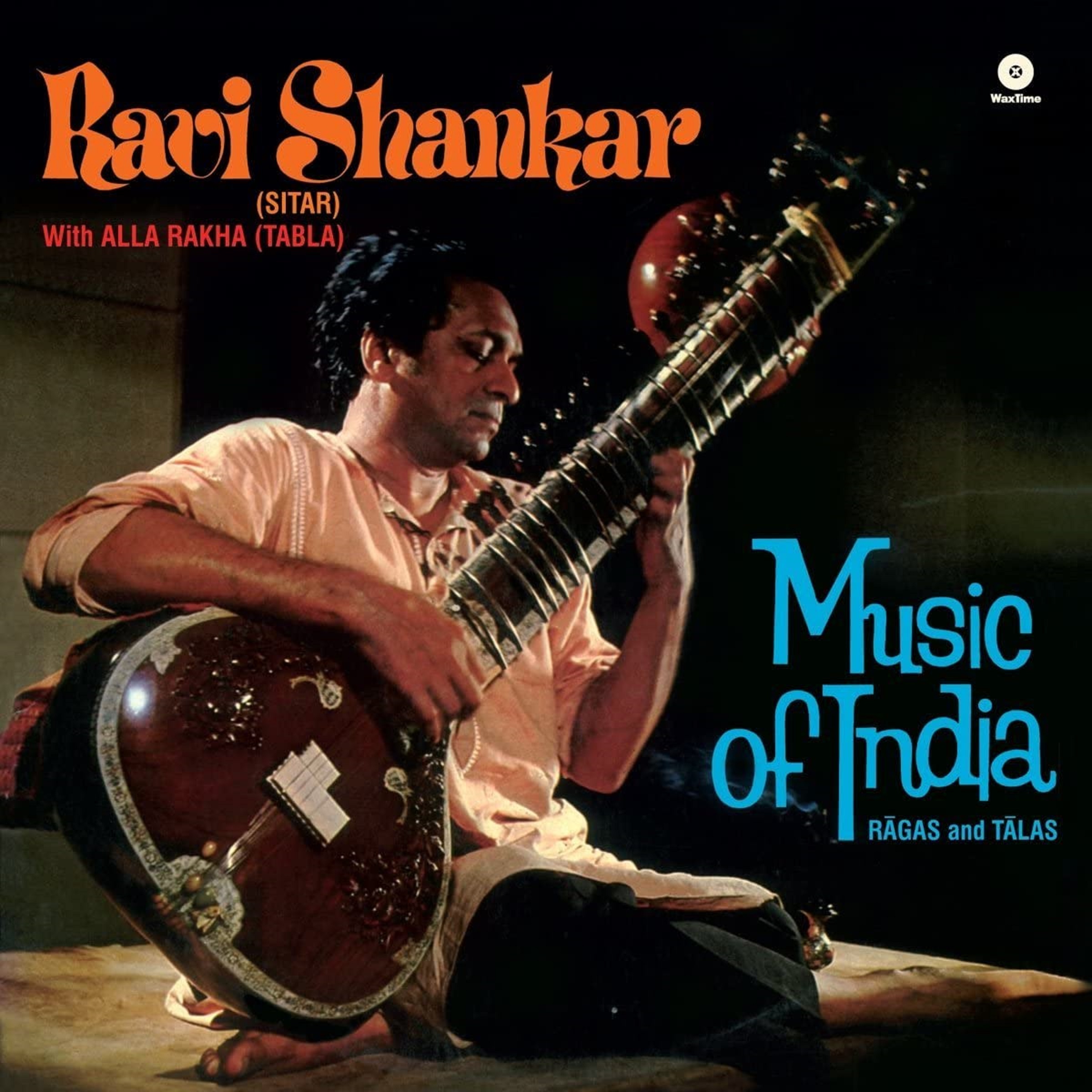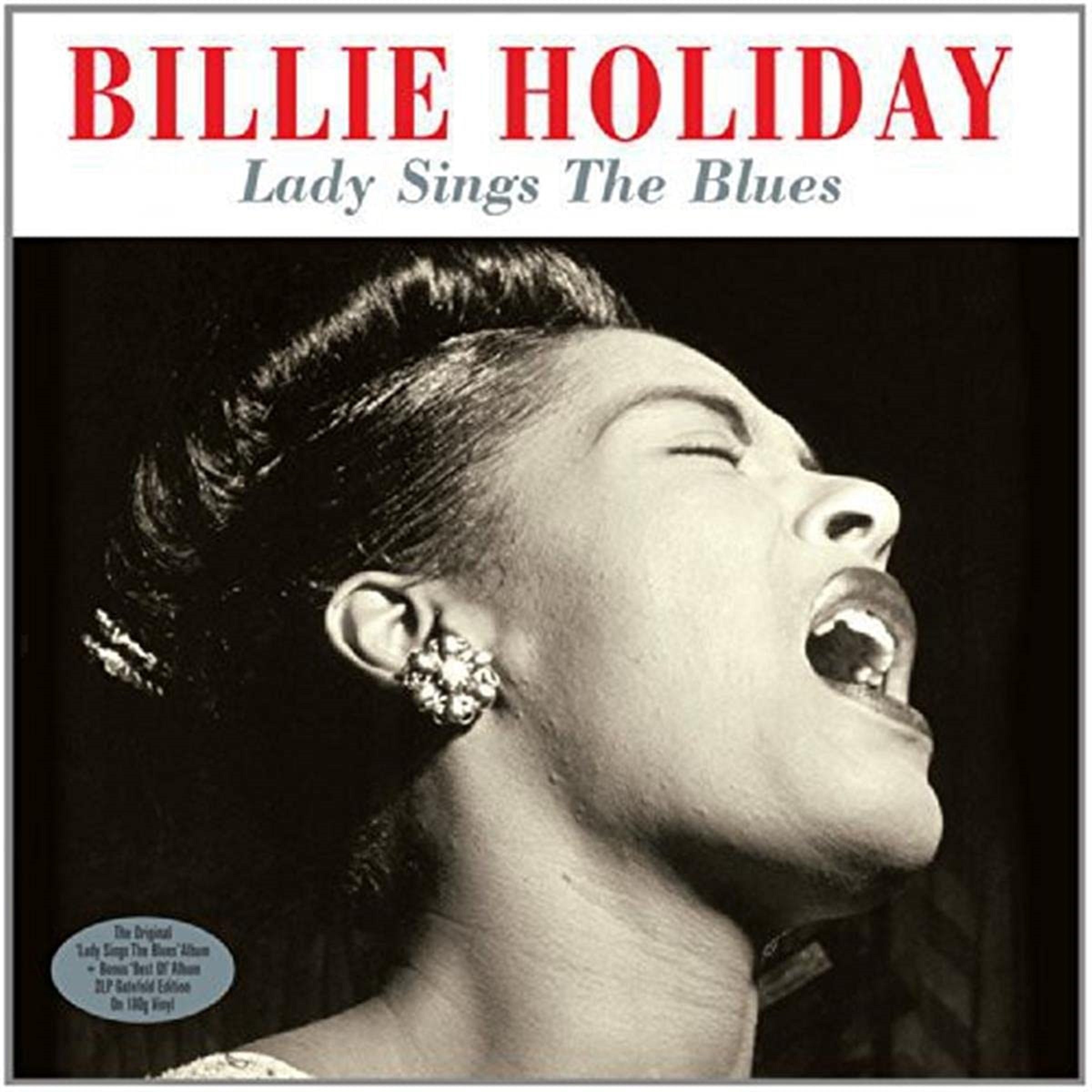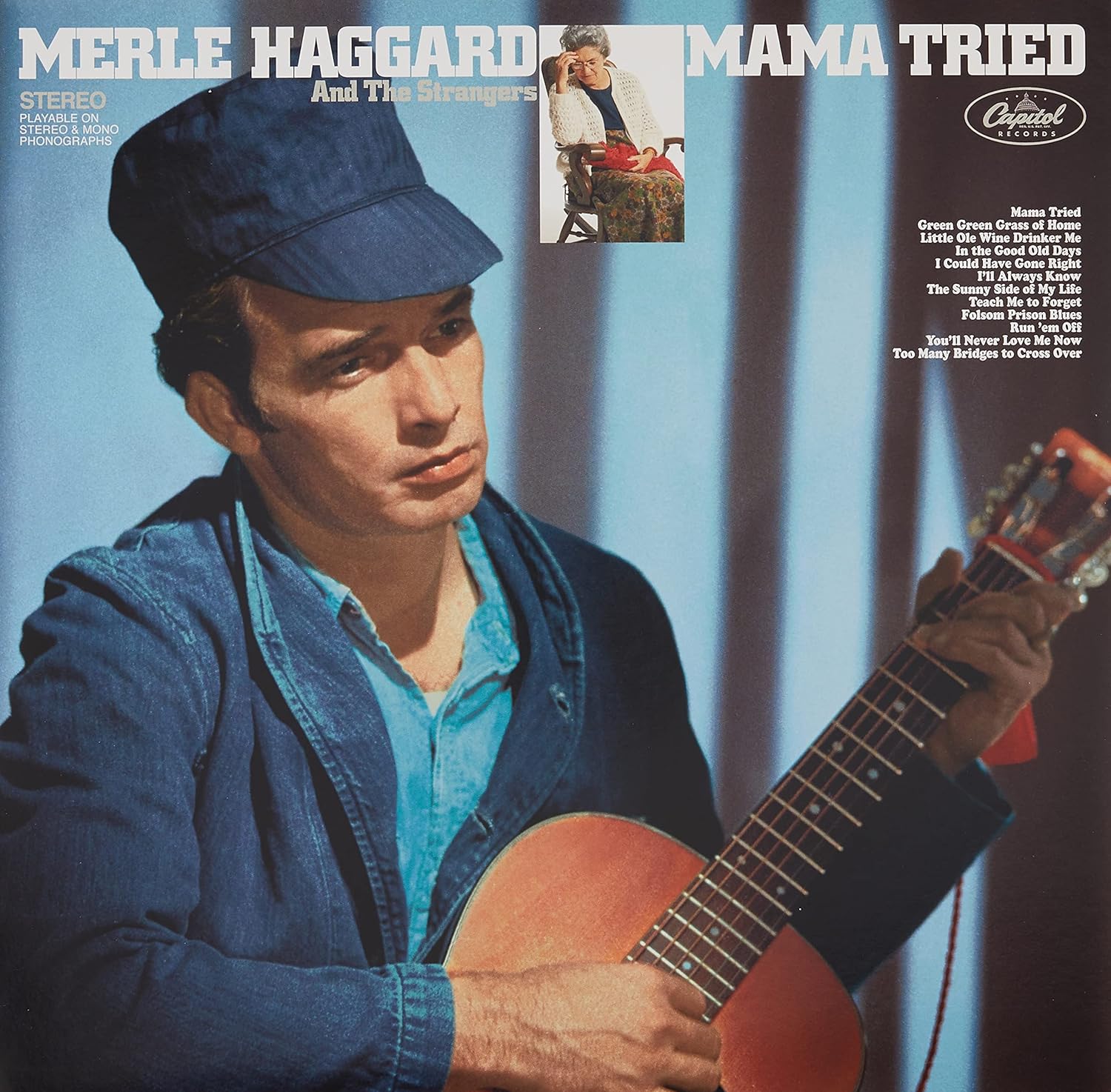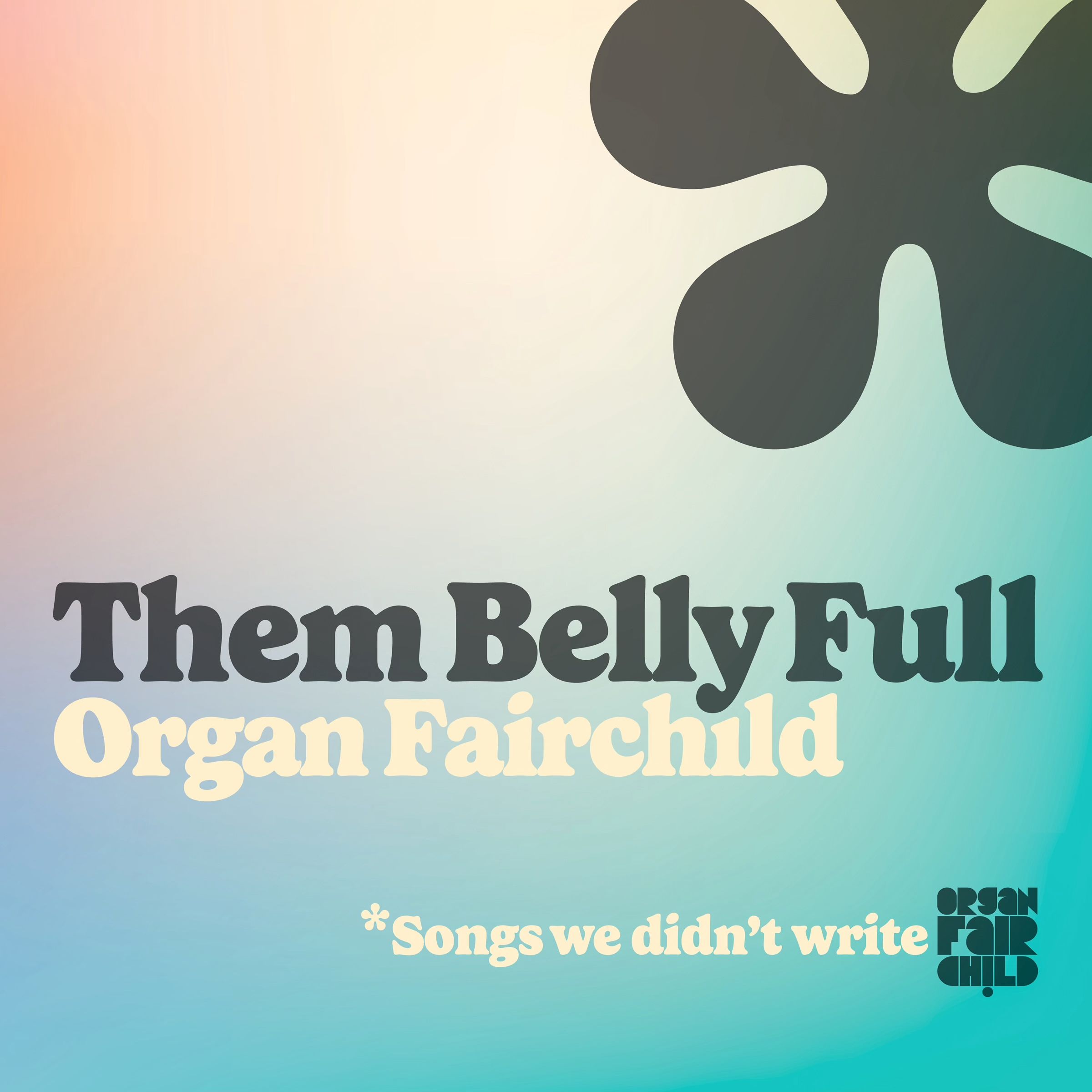"Good Time, in a broad stroke, is about closure and all the little nonsensical things we do to find it. Heartbreak isn’t a game, we all know, but for some reason I’m still dead set on winning." - Baylee Barrett
It takes more than a lifetime to make a singer – it takes a life. That’s what Los Angeles-based Baylee Barrett has discovered as she’s evolved from a talented young vocalist with a preternaturally powerful voice to an insightful songwriter with a wry sensibility laced with a resonant, self-deprecating edge.'
Though still in her mid-20s, Baylee can look at that lifetime in her rear-view mirror. She’s been singing since before she can remember; an inheritance, perhaps, from her mother, who graced the Barrett family’s local church with her own stirring vocals. Baylee got her own start alongside her mother, charming the parishioners after sermons or during holiday services while growing up in Lubbock, Texas – another possible source for her musical passions, as the birthplace of legendary voices from Buddy Holly to Jimmie Dale Gilmore to Natalie Maines.
Not that Baylee was particularly familiar with her predecessors. Her love of music has always stemmed from the act of creating it, not from the influence of other artists – many of whom she discovered only later in life, having been raised in a relatively sheltered cultural existence.
“Singing is the one thing that I’ve always done,” Baylee says. “I was shielded from a lot of music growing up, but I could always attach myself to melodies. It just comes naturally to me. Even as a young person I could recognize how a specific melody could make me feel, especially at a time when I was unable to express how I was feeling in words."
Classic rock and pop inevitably seeped in, but when she finally chanced upon the modern voices who’ve helped lead her towards her own path – stylistic peers like Phoebe Bridgers, Courtney Barnett or Sharon Van Etten – it was akin to discovering long-lost friends, or at least fellow travelers.
“I just couldn't stop listening to their music,” Baylee recalls. “Suddenly I was hearing the type of music that I’d always wanted to write but didn't think there was an avenue for. It had the confessional intimacy of a coffee shop singer but with a full band sound, and I’d been looking for a way to link those together. That was the moment when I let go of all the things I thought I ‘should’ be and just started writing for myself.”
The life came later. At the too-young age of 15 Baylee lost her mother to cancer, a profound blow to a family that had always been close-knit and supportive. Spending her teenage years raised by her father instilled a layer of toughness that comes out in the more raw, rough-hewn side of Baylee’s music, a cutting contrast to the tart introspection of her lyrics.
That raucous edge also comes as a rejection to the too-perfect sound of her earliest performance experiences, when she sang at local events with a group of young vocalists whose talents had been trained to flawlessness. With that came a lack of emotional connection to the songs, one which Baylee only rediscovered upon moving to Los Angeles at the age of 18.
With her first taste of independence came the struggles and challenges of any young person setting out on their own in new surroundings, and those experiences were channeled into Baylee’s first attempts at writing her own music. With the new home came a new community as well, and collaborators and compatriots soon gathered around, filling in for the support of her family back home.
Among the new connections is producer/musician Billy Mohler, who has worked with Lady Gaga, Dolly Parton, Herbie Hancock and Wayne Shorter, to name just a few. With Mohler at the helm, Baylee has begun recording her debut album, slated for release through the producer’s Make Records label.
“Writing songs is the most spiritual experience that I’ve ever felt,” Baylee concludes. “Sometimes I have to battle with it, but then I’ll hit on some kind of chord progression or melody that sounds like the way that I’m feeling and it just starts to flow out of me. That’s why I like having a stripped-down band sound; I want to give people the opportunity to know who I am without hiding behind anything.”







